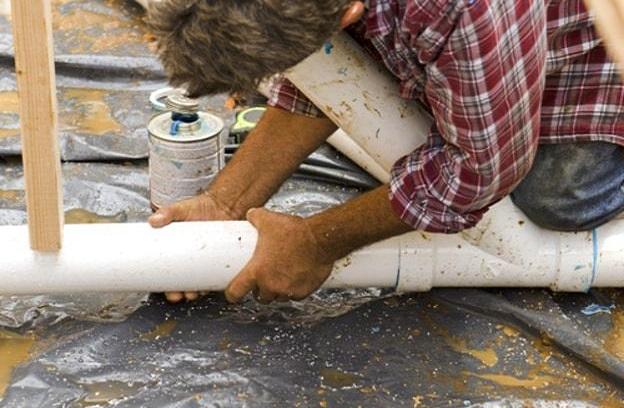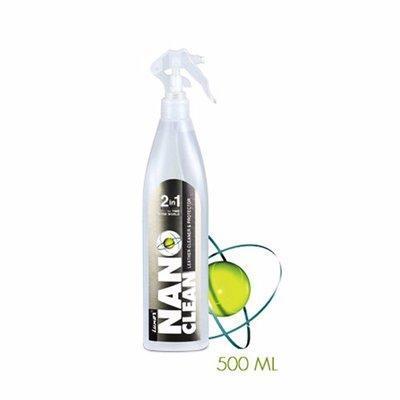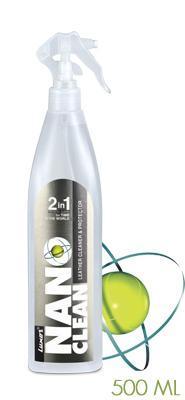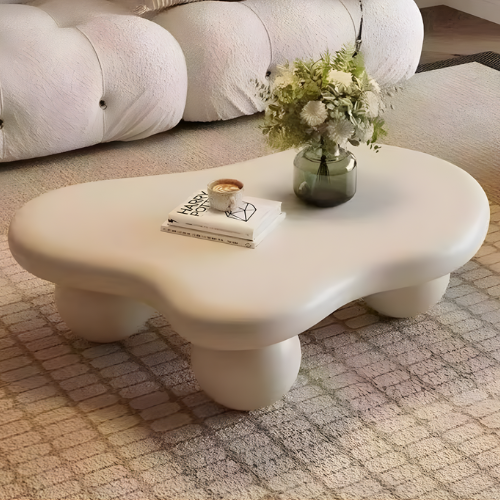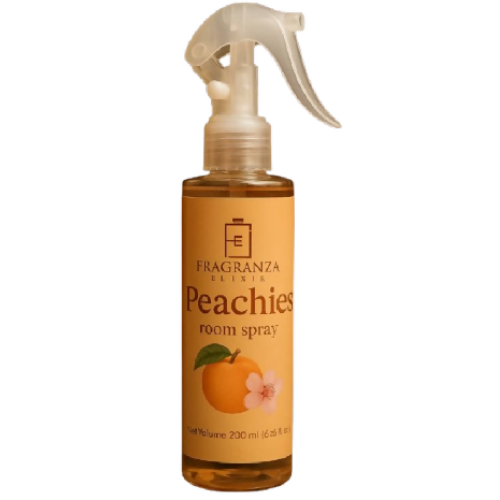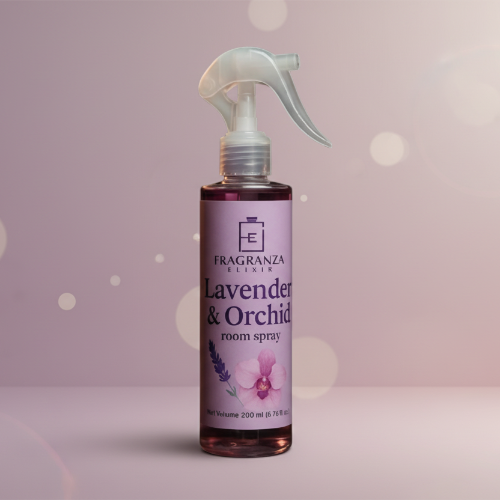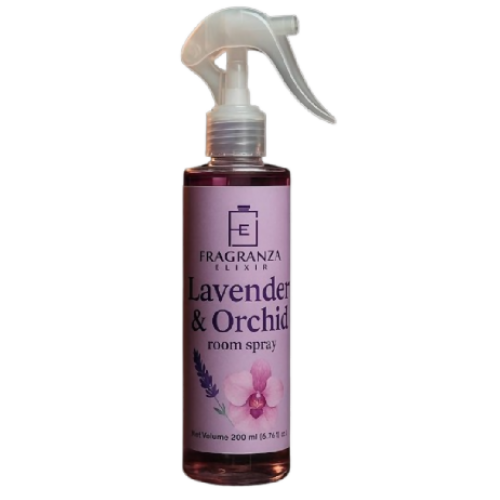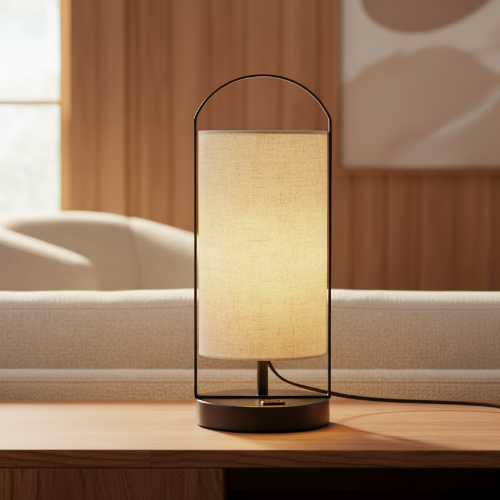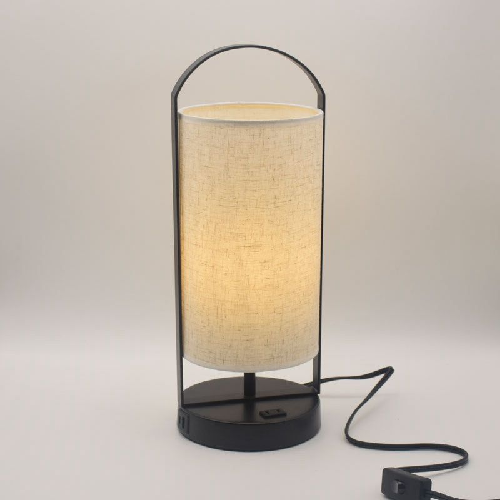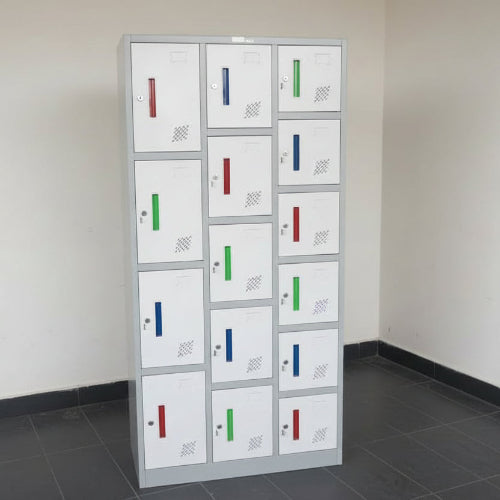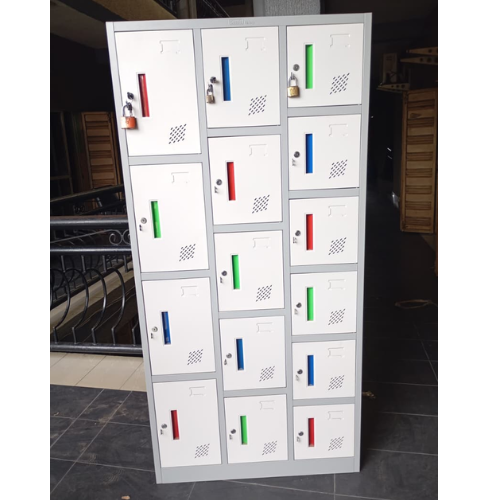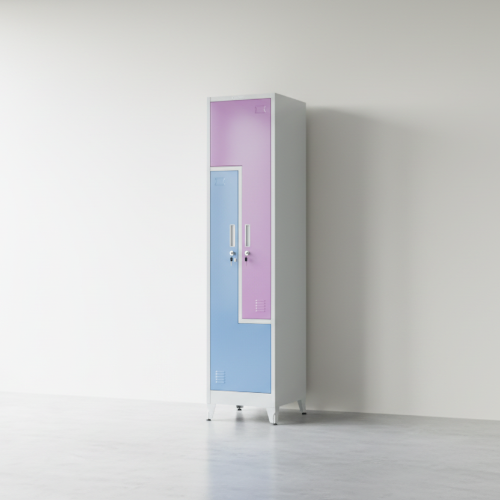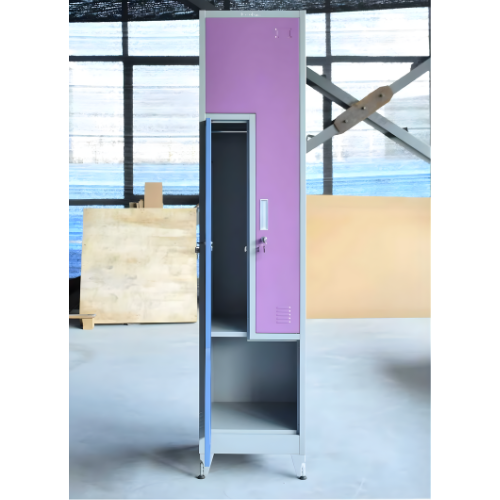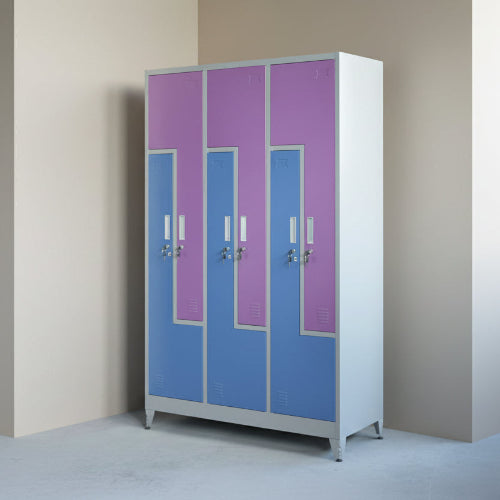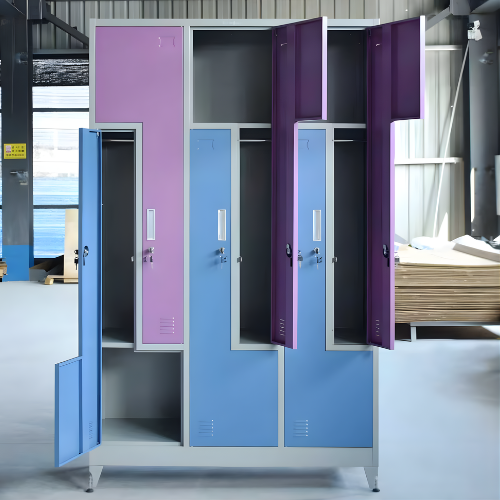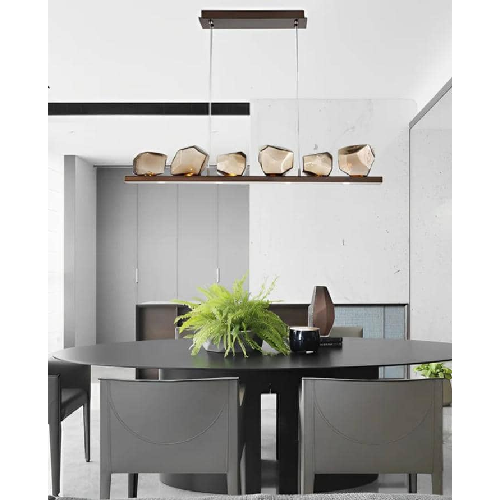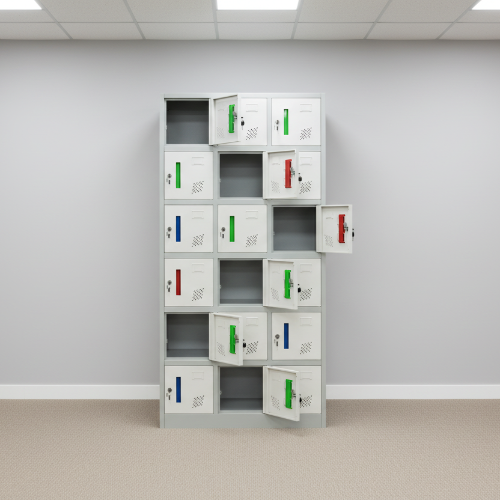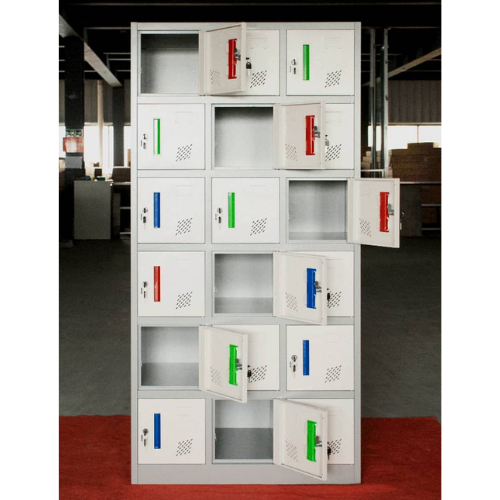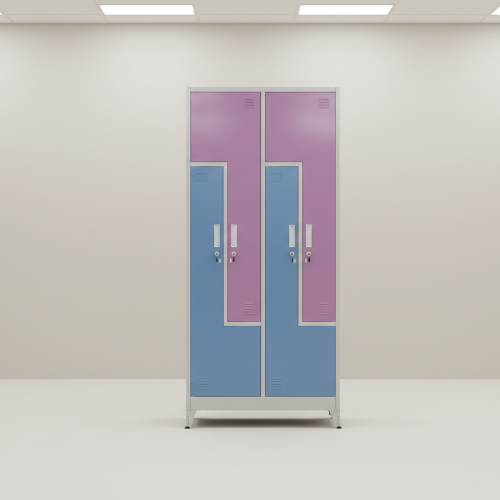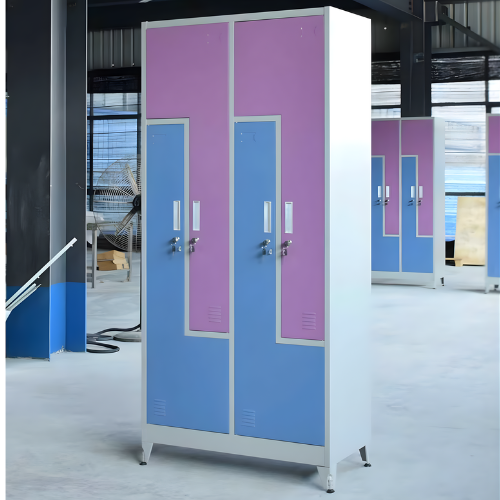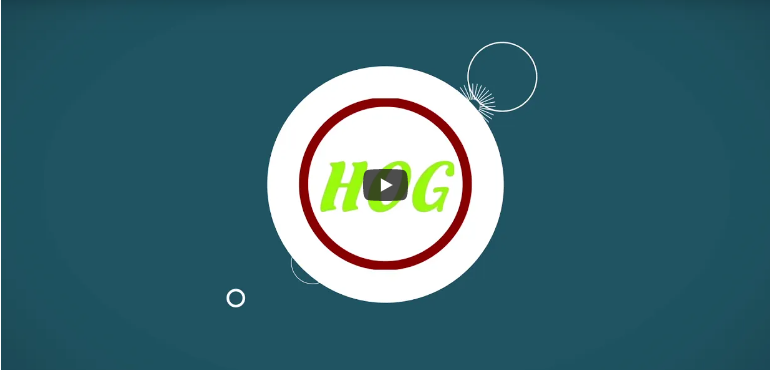This article is part of the HOGDigest editorial series. → Explore HOGDigest
All plumbing fixtures, pipes, and drains in a home connected to the sewer line. This is the main plumbing fixture in the home. Poor use of plumbing fixtures, pipes, and drains negatively affects the sewer line. With time, it is likely to clog and even collapse when appropriate repairs or replacements are not undertaken. It is very important to understand what causes the sewer line clogs including signs to look out for is to call a professional Folsom plumber.
Common causes a clogged sewer line
Severe pipe damage
Broken or ruptured sewer pipes inhibit sewage from properly draining through the system. This leads to immediate and regular backups. Your sewer pipe might get damage resulting from shifting soil, increased traffic on the ground, and use of heavy construction equipment on the ground above the sewer line. Corrosion of older pipes is likely to make them break and eventually collapse. Additionally, leaking joints allow water and sewage to flow.
Sagging sewer line
It is hard to notice this and there is nothing to do about it. Your sewer line might begin sagging over time. bellied sewer pipes happen when a pipe section is sunk resulting from conditions in the ground. The line low spot is likely to begin collecting material like waste and paper in the soil. With time, this will obviously make your sewer line to get clogged.
HIRE AN ARTISAN HERE
Infiltration by tree roots
Do you have an older sewer line in place? These sewer lines were usually made from clay and other porous materials. Keep in mind that the connections for pipe sections weren’t tight enough compared to modern PVC pipes. If you have trees and shrub, their roots grow searching for a water source. With time, the roots are likely to latch onto your sewer line with chances of growing into the sewer pipe to reach the water inside. As the roots expand over time, your sewer line is likely to break. You can avoid this by calling Folsom plumbing service to upgrade your sewer line.
HIRE AN ARTISAN HERE
Flushing debris into the toilet
A toilet is a place for convenience. However, you can’t flush everything down the toilet since it can’t accommodate various materials like a trash can. You have to understand what you can flush and what you can’t. The toilet only accommodates human waste and toilet paper to go down. Things like hair and sanitary pads will only end up clogging your toilet. This will lead to a plumbing disaster with eventual high repair costs.
Pouring grease into the drain
Grease and oils can make your toilet to clog easily. Pour the hot grease in a coffee can or jar. It is wrong to think that running hot water after pouring grease into the drain washes it away. After cooling, the grease will just harden and stick to the pipes. With time, this will lead to a clogged sewer line. Avoiding this requires knowing the things you can put in the drain and the garbage disposal.
Warning signs to tell sewer line issues
Regular drain backups
Are you frequently noticing backups in your drains? Ensure to call a professional plumber to diagnose the issue and get an appropriate solution. Avoid DIY methods including regular drain cleaning solutions. These might damage your plumbing system further. There is a reason to be worried about regular sewer clogs in the lower home level. This is a red flag that the sewer pipe is broken or blocked and calling a plumber is the appropriate thing to do.
Plumbing fixtures developing strange reactions
You can also tell that your sewer line is blocked when your plumbing fixtures begin making unusual reactions. Perhaps the toilet backs up from the shower or tub when flushing. The toilet water might also bubble. Confirm this by running water in a sink near the toilet for some minutes, when water continuously bubbles, never hesitate to call the plumber. You should also call a plumber after hearing gurgling noises as your toilet flushes or during draining of the bathtub or show.
Clogged fixtures
Perhaps you are not sure whether it is the toilet or shower drain with a clog. This might result from a single pipe blockage or sewer line problem. Keep in mind that when you have more than one plumbing fixture backing up at the same time, there is a reason to worry. This is the moment to call a plumber to discover and fix the issue before it escalates.
Changes on your lawn
The sewer line usually extends from home to the front lawn before connecting to the city sewage system. However, you should call a plumber when your lawn has an indentation. This usually results for a broken sewer line. Additionally, finding a soggy grass patch that has not been there might be a sign of sewage from a broken sewer pipe. The solution is to call a plumber to come and fix the issue.
Bottom line
Calling a professional plumber is the best thing to do after noticing issues in your plumbing system. The plumber will apply methods including video inspection, regular sewer line replacement, or trenchless sewer repair to restore your sewer line.

James Dean
He's a professional writer who has been writing content online on Home Improvement services for over 5 years.
Also, He's a Masters Degree Holder in Special Education from the University of California, Berkeley. He renders an online business consultancy or commercial space writing services. He can be found writing on Budget Earth, working on his own novel, or also working with various entities in the industry.



